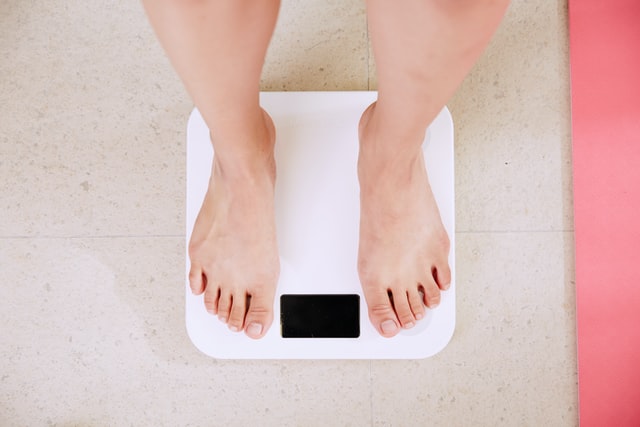
Unexplained weight loss can happen in people that have Type II Diabetes, however, it is much more common in those who have Type I Diabetes. Insulin is your body is the hormone that uses sugar to burn energy. In Type II Diabetes, there is no insulin used effectively and therefore cannot transport the glucose to the body’s cells. Instead, the sugar builds up in your blood. This is what causes the sugar spikes or sugar drops.
Contents
When the sugar does not reach the cells, your body begins to think that it is starving and starts to find ways to make up for this. What happens is that your body begins to create energy by burning fat and muscle at a quick speed. Therefore you have unexplained weight loss.
In general, most people can afford to lose a pound or three, it would not hurt and they would probably feel much better.
What You Need To Know

There are many important facts that come along with diabetes. All people should be aware of what issues they are having and if these issues are not normal for their bodies, they should set up an appointment with their Physician.
People who have diabetes have an increased risk of strokes, high blood pressure and heart attacks. They could also develop kidney issues or blindness.
If you are currently obese, it will be suggested that you change to a heart-healthy, low-fat diet, that is also low in sugar. There will also be an emphasis placed on you beginning an exercise program. Losing about 5 to 10% of your current weight would be highly beneficial. By losing this 5% to 10% of weight, you can decrease your chances of developing diabetes by 58%.
Other Signs

Sometimes, people will not find out they have diabetes until they have multiple symptoms and they are experiencing some severe sugar highs and drops. There are other signs to watch for if there is a reason to be suspicious of developing diabetes, for instance, if it is in other parts of your family.
Some of the other signs to watch for include:
- Increased or excessive hunger and/or thirst
- Excessive urination
- Itchy skin
- Dark skin around the neck and armpits
- Slow healing of cuts and bruises
- Continuous yeast infections
- Unusual or increased fatigue
- Mood changes, up to and including irritability
- Changes in vision
Treating Diabetic Weight Loss
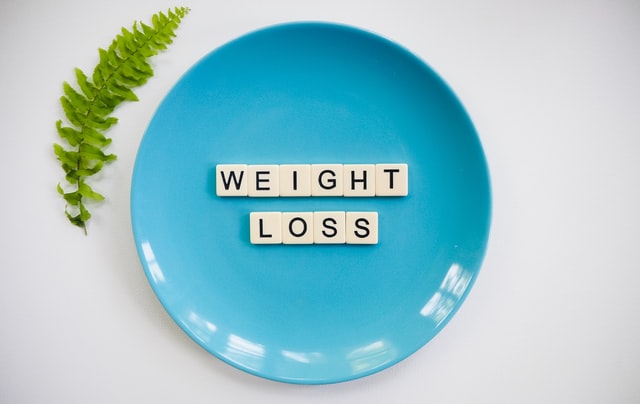
If you are going through an unexpected weight loss and are unsure why it is imperative that you speak with your physician immediately. This is not the time to be desperate to begin eating foods filled with unhealthy fats, this is only going to create further health issues between you and your Diabetes.
Your medical team may decide that additional Insulin or another medication would be appropriate for the situation. This would be in order to help you regulate your weight and normalize your blood sugars.
For many people weight loss is a good thing. However, when it is unexpected, it could be due to diabetic issues, or maybe some other serious conditions such as thyroid issues, different forms of cancer or gastrointestinal issues.
Losing weight to lower the risk of Diabetes
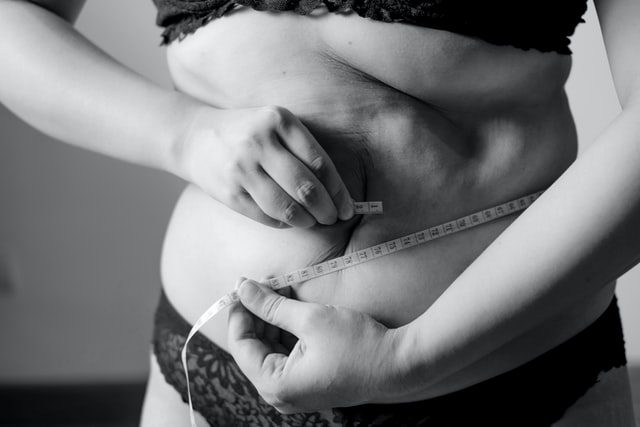
Some Physicians may inform their patients that they can lower their risk of developing Diabetes if they shed a few pounds. For patients that are prediabetic, to begin with, this would mean that the Physician has determined through testing, discussion and weighing that they are on the verge of obesity, which could actually lead directly to Diabetes.
At this point, depending on the amount you weigh, the Physician will generally recommend losing 5 to 10% of your current weight. In other words, if you currently weigh 200 pounds, the Physician will make a high suggestion that you exercise, eat properly and make an attempt to drop at least 10 to 20 pounds.
Losing this amount of weight is a start to get you on track to eliminating the risk you are putting yourself into by continually gaining weight. Again, it is just a start, you have to do the work to avoid a Diabetic diagnosis.
However, it is proven that many patients ignore the advice in regards to losing weight, beginning long before the patient gets to this point.
Difficulty Losing Weight With Diabetes
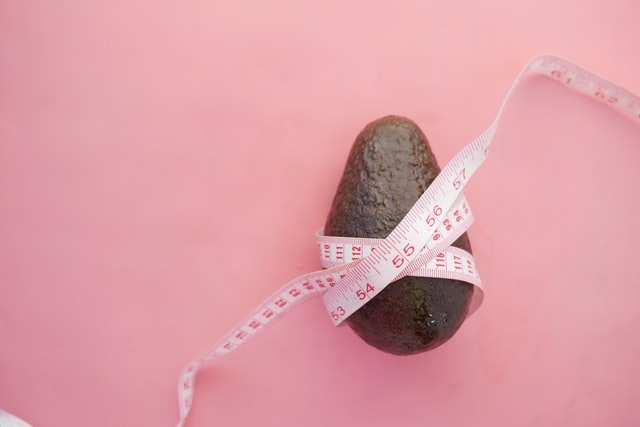
Some medications will make it difficult to lose weight if you have diabetes. There are some medications that are used to treat Diabetes that can make the person gain weight. Your Diabetes Medical Care Team will all work together to ensure that the medications you are on work in the best method possible for you.
However, weight loss and weight gain cannot all be left to the Diabetic Medical Team in charge of your case. They will give recommendations for exercise and meal plans that would be best for you. It is up to you from that point on to follow the recommendations.
If you are stubborn and believe that their recommendations do not pertain to you, you are the one that can be causing further issues to your health.
Weight loss of only one or two pounds is not a serious issue unless you are seriously underweight, to begin with. Dramatic amounts of weight loss could be an early sign of diabetes. This weight loss could occur quickly over a couple of weeks to a couple of months.
Diabetes Fault
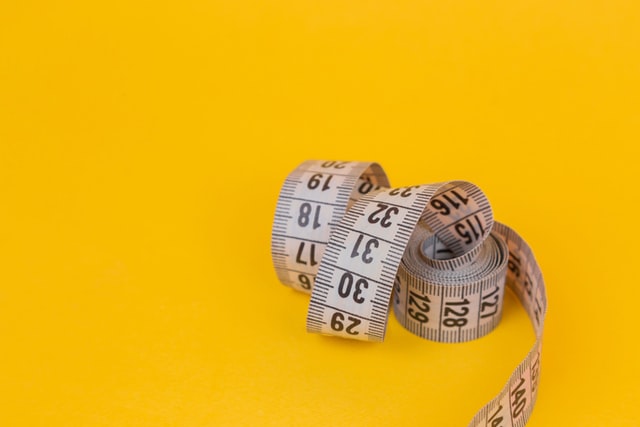
During the period of time that your body is working to compensate for the lack of food that your body thinks it is going through. Your kidneys will also begin to work overtime in an effort to eliminate the excess sugars. This uses additional energy and can eventually cause damage to your kidneys.
Type I Diabetes has a similar pattern or method. Instead of being unable to use insulin, your body stops producing insulin completely.
Unexplained weight loss in Type II Diabetes can happen at times, however, Type I is much more common to have excess weight loss. Generally, family members will notice a change in their weight, with no change in their eating patterns. This is the first point of concern for parents with children with Type I Diabetes.
Most doctors will agree that weight loss is a good thing for those that need it. However, when a patient has Diabetes and there is no reason, such as a new exercise program, the Doctor will likely be concerned as should the patient.
A slow and steady, intentional weight loss when following recommendations and a healthy eating plan, would be acceptable. This type of weight loss is beneficial to blood pressure, cholesterol levels and the overall health of your heart. This healthy form of weight loss can also help to reduce insulin resistance. This in turn will make the muscles and fat tissues more sensitive to circulating the insulin that is produced by the body throughout the blood.
Most patients actually make an appointment with their physician due to the unexpected and concernable weight loss they have experienced.
The physician will check numerous things such as Thyroid, Blood sugars, and also consider the possibility of some form of cancer that has invaded the body. In order to fully and adequately determine the actual reason for the unexpected weight loss, a full battery of testing, discussion and blood work will be performed.
People, those with Diabetes and also those without Diabetes should be concerned and raise the red flag with their physician if there is no change in diet or normal exercise routines. Diabetes can become life-threatening if it is not checked. Your body needs the proper insulin levels to function in a healthy manner.
Managing weight loss when you have Diabetes will require that the glucose blood levels are regulated properly. For most people diagnosed with Diabetes, insulin is prescribed in order to help your body.
Conclusion

All this discussion in regards to glucose and blood sugar levels is confusing. Your medical team will also have you speak with a Dietician. The Dietician is going to recommend a list of healthier food options for you to make healthier meals.
At the same time, the Dietician will likely give you some printed information and have a physical conversation in regards to the different sugar levels in the different foods. They will also discuss carbohydrates and ways in which to level out all these concerns by the different types of food combinations.
There may be a possibility that the foods you eat now are adequate, this means you would need to learn different ways to combine the foods. For instance, beans are a great food for Diabetics due to the fibres, when the meal also consists of fruit that may be high in natural sugars, the fibre in combination with the sugars regulates and does not cause a sugar spike in the glucose levels.
Ultimately, weight gain and weight loss can both be concerning situations. Especially when it comes to those people who have either Type I or Type II Diabetes. If, at any time, you notice a drastic change in your weight when there has been no change in diet or exercise, be concerned enough and make an appointment with your Physician. Only he or she can determine if this is a situation that needs to be checked into further





